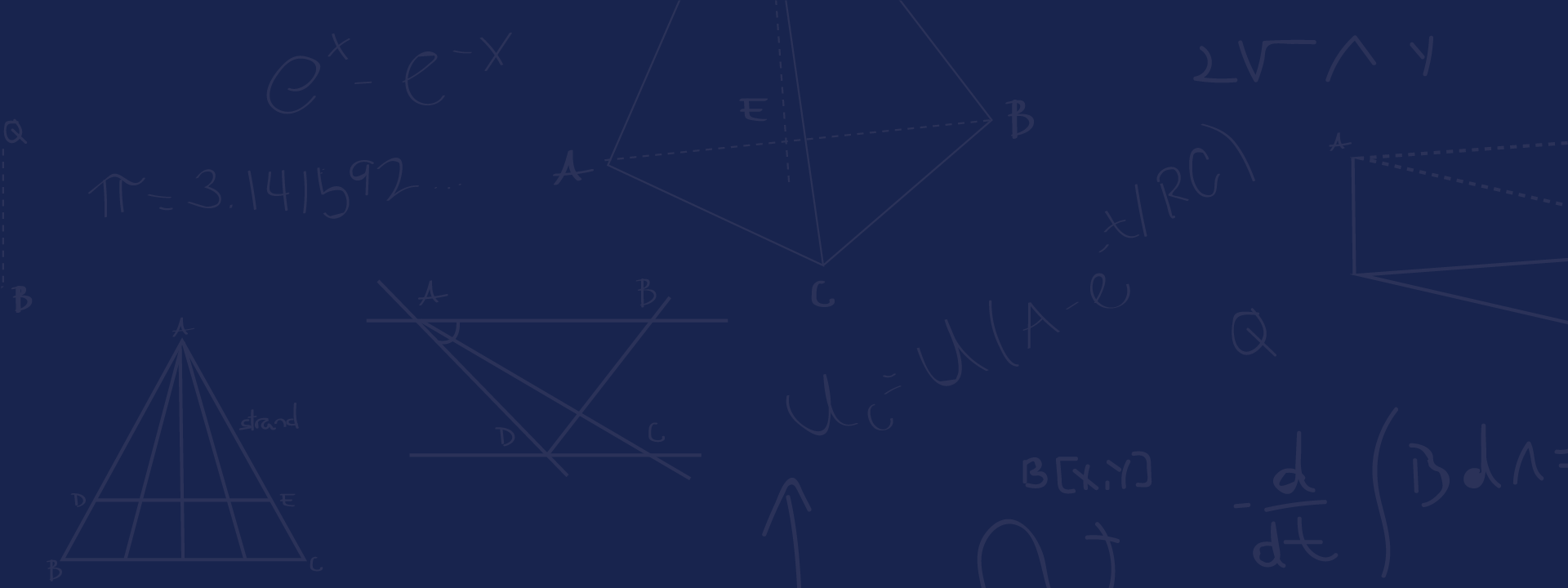About
Doug Burger is a research leader in artificial intelligence, computer architecture, and computer systems. His research work has been highly influential on the field of computer architecture, he has led engineering teams that have designed and shipped novel computing systems at datacenter scale, and has made key contributions to the field of artificial intelligence. He is currently a both a Technical Fellow and a Corporate Vice President at Microsoft, serving as the Managing Director of Microsoft Research’s worldwide research labs. In that role, he oversees a global organization of over 1,000 researchers and engineers, steering the organization to generate strategic breakthroughs in artificial intelligence and computer science.
Doug received his BS in Computer Science from Yale University in 1991, and his MS/PhD in Computer Science in 1993/1998 from the University of Wisconsin-Madison. From 1998 to 2008 he was on the Computer Sciences faculty at the University of Texas at Austin, where he co-led a research lab that generated a stream of research innovations in computer architecture. Hundreds of millions of microprocessors world-wide contain advanced technologies (such as non-uniform caches) invented in his laboratory. In 2008 Microsoft recruited him to build a Computer Architecture group in Microsoft Research. From 2008 to 2018 he led research teams in Microsoft Research that pioneered advanced large-scale system designs, such as Brainwave (for service ultra-efficient AI for Bing and Office), Accelerated Networking, and Catapult. Every server deployed in Microsoft’s cloud now incorporates a hardware platform designed by Doug’s team in research.
In 2018, Microsoft asked Doug to move with his team into Azure to co-found Azure’s custom hardware division, where he served as an engineering executive designing AI supercomputers for Microsoft’s Cloud. During that time, Doug and two of his team members co-invented a new class of number formats called MX, which were released in 2023. These number formats define ultra-efficient numerics for AI (4, 6, and 8-bit formats), and have been widely adopted by the AI industry. This standard will be shipping as the primary performance improver in Nvidia’s new Blackwell chips, slated for release later this year. These number formats are expected to save Microsoft tens of billions of dollars in AI serving costs and hundreds of billions of dollars in savings for the broader industry.
In 2023, Doug was asked to move back to Microsoft Research to take on a leadership role as director of Microsoft Research Core (the organization’s world-wide labs). He supervises over 1000 scientists and engineers and is chartered with steering Microsoft’s research organization through the transition to the AI era. He has received many awards for his research, including the 2006 ACM Maurice Wilkes award. He has published over 100 scientific papers, which have been cited over 41,000 times. He is also the co-inventor on more than 100 U.S. Patents. He is an ACM and an IEEE Fellow.


